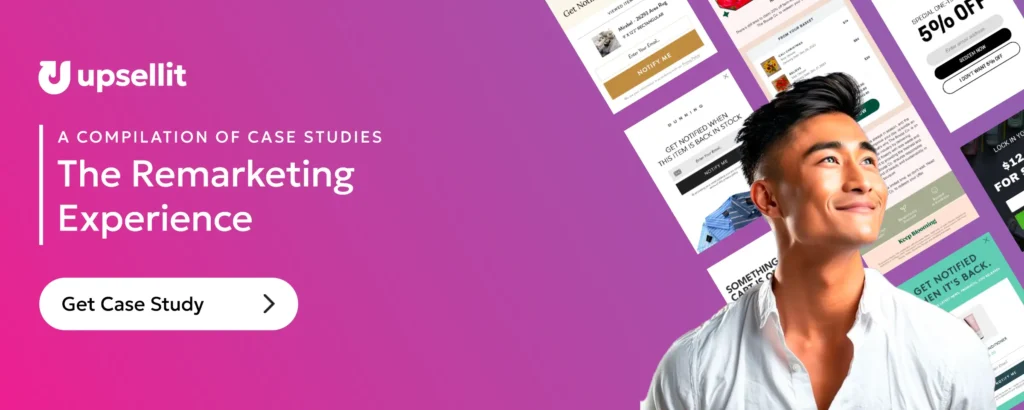The inbox is a crowded and competitive space, where first impressions carry real weight. Before a subject line can even make an impact, recipients look at who the message is from. That’s where your sender name comes in.
Why Your Sender Name Matters
Your sender name is one of the biggest factors influencing email open rates. In fact, 45% of email subscribers say the sender name is the primary reason they open an email, highlighting its critical role in campaign success. When open rates rise, conversions often follow.
A strong sender name builds trust, aligns with your brand, and encourages users to engage. To help you optimize your email marketing strategy, here are five sender name ideas to boost open rates and improve remarketing efforts.

5 Sender Name Ideas to Boost Open Rates
1. Personal Email Names
If your audience recognizes an individual from your company, using their name can lead to higher open rates. Research shows that using a real person’s name as the sender can increase email open rates by up to 50%. For example, when an executive or thought leader sends an email, it can feel more authentic and direct.
While your sender might not be a household name, a known point of contact—such as a dedicated account manager or marketing director—can still drive engagement, especially in B2B campaigns.
Tip: Be cautious. If the name isn’t familiar to your audience, it could come across as random or suspicious.
2. Conventional Sender Names
Using your company name as the sender is a classic and widely trusted option. Brands with strong awareness, like Nike or Apple, often rely solely on their company name—and it works.
If your brand is still growing, you can still benefit from this approach by ensuring consistency. Over time, recipients will come to associate your name with value, offers, and trust.
Example: “Upsellit” vs. “Upsellit Remarketing”
3. Exclusive Email Campaign Names

Creating a unique sender name for specific campaigns can make your emails stand out and give them a VIP edge. This strategy works especially well for loyalty programs, early access lists, and promotions tied to exclusive content.
Example: Sephora uses “Beauty Insider” as the sender for loyalty emails, making subscribers feel part of a select group.
Custom campaign names add intrigue and help differentiate types of messages—like alerts, rewards, or insider news.
4. Friendly Corporate Sender Names
Blending professionalism with a personal touch helps humanize your brand. Adding warmth or conversational language to your sender name can build rapport and increase response rates.
Example: Oilstop sends emails from “Your Friends at Oilstop,” which feels casual and community-driven.

Try variations like:
- “The [Brand] Team”
- “Hello from [Brand]”
- “[Brand] Customer Care”
These versions feel more accessible and less transactional.
5. Individual and Company Names
Combining a personal name with your brand name gives you the best of both worlds: recognition and personality. This format is especially effective when trying to build relationships or provide customer support.
Example: The Sierra Club includes names of campaign leaders in advocacy emails, such as “Edward from Sierra Club.” It helps humanize big causes while maintaining brand credibility.

Other ideas:
- “Alex | Upsellit Strategy Team”
- “James at Upsellit”
- “Erin from Marketing (Upsellit)”

The Sender Name: Your Email’s First Impression
Your sender name is always visible in the inbox—often before the subject line. It’s your email’s first impression, and first impressions matter. A name that feels relevant, credible, and consistent increases the chances of your message being opened rather than ignored or flagged as spam.
Over time, your sender name can become a trusted signal of value. That’s why consistency matters just as much as creativity. Whether you go with a personal name, company name, or campaign name, make sure it aligns with your brand and audience expectations.
Want to See These Strategies in Action?
Take a closer look at how Upsellit puts email strategies to work in real-world campaigns. Our Remarketing Experience Case Study breaks down the custom tactics, performance insights, and user engagement strategies behind high-converting emails.
Download the full case study to explore how smart email experiences can transform your remarketing results.

